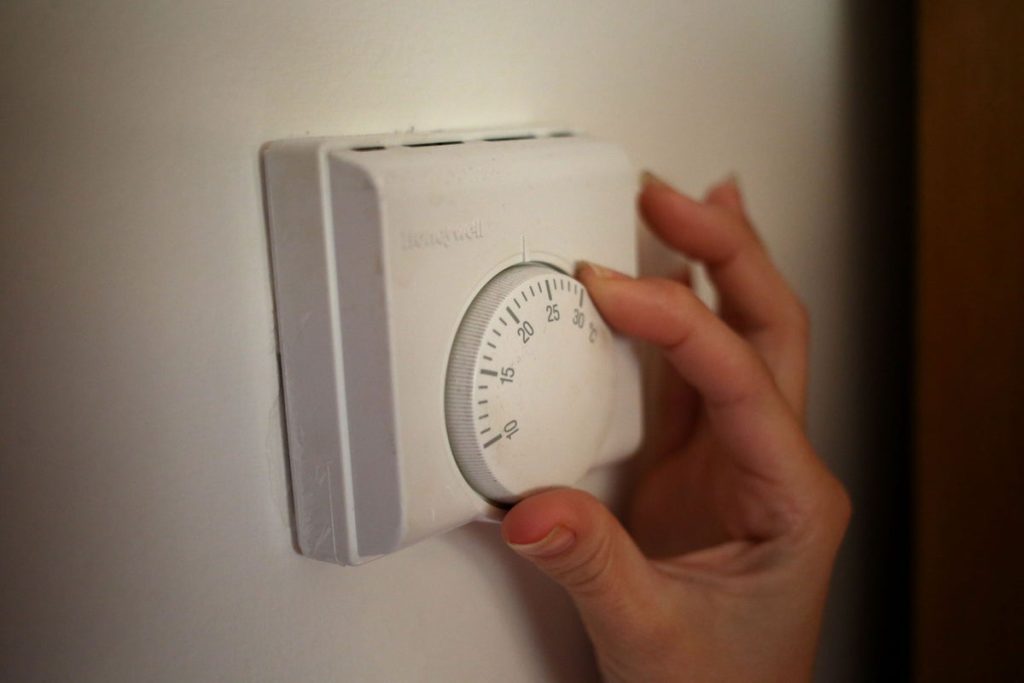Listen to the article
Misinformation Spreads Amid Natural Disasters and Policy Claims
False information has surged across social media platforms in recent days, with AI-generated content and misleading claims circulating widely following Hurricane Melissa’s path through the Caribbean, according to a recent analysis by Full Fact, the UK’s largest fact-checking organization.
Numerous fabricated videos and images related to Hurricane Melissa have gained significant traction online. Among the most prominent is a widely-shared clip purportedly showing the hurricane’s eye from an aircraft flying above. Fact-checkers have confirmed this footage is entirely artificial, created using AI technology rather than capturing any real meteorological event.
Similarly concerning are posts falsely attributing the hurricane to human intervention, specifically claiming it was engineered by the High-frequency Active Auroral Research Program (HAARP) facility in Alaska. Experts categorically dismiss these allegations, noting that HAARP’s equipment lacks any capability to create or manipulate hurricane systems, which remain entirely natural phenomena.
Other fabrications include an AI-generated image supposedly showing Jamaica’s Black River Hospital with its roof destroyed. Full Fact verified this image does not match authentic photographs of the facility, though the hospital did sustain some damage during the storm.
Perhaps most deceptive was a video compilation allegedly showing Hurricane Melissa’s impact on Kingston, Jamaica. Researchers traced 15 of the 16 clips in the montage to unrelated incidents from months or even years earlier, completely unconnected to the recent hurricane.
“We regularly observe misleading content proliferating after major news events and natural disasters,” a Full Fact representative noted. The organization recommends verifying sources before sharing content and offers resources to help identify fabricated media, including specific guidance for recognizing AI-generated images and videos.
Beyond natural disaster misinformation, persistent false claims about religious tax exemptions continue spreading across social platforms. One particularly tenacious falsehood suggests Muslims can avoid council tax payments if they designate areas within their homes as worship spaces.
The House of Commons Library has directly addressed these claims, stating they “have no basis in council tax law.” Their 2024 report clarifies: “It is not possible for owners of domestic property to avoid council tax by claiming that their property, or part of it, is used for religious purposes.”
The only religion-related exemption in UK tax law applies to members of religious communities whose “principal occupation consists of prayer, contemplation, education, the relief of suffering,” and who possess “no income or capital” while remaining “dependent on the community” for their material needs – primarily applying to certain monastic orders.
The Local Government Association and the Institute of Revenues, Rating & Valuation have both confirmed that social media claims about Muslims receiving special council tax treatment are entirely false.
In a separate trend of misinformation, fabricated “news reports” claiming the UK government plans to ban central heating use after 9 p.m. have received tens of thousands of views. These videos falsely assert that violators would face “heavy fines” for using heating beyond the supposed curfew.
No such policy exists or is being considered. These videos appear to be part of a broader pattern of alarmist content making false claims about new restrictions on personal freedoms. A September investigation found hundreds of thousands of shares for similar deceptive content, leading TikTok to ban multiple accounts involved in spreading such misinformation.
As digital platforms continue grappling with the spread of false information, fact-checking organizations stress the importance of verification before sharing content, particularly during crises when misinformation can spread most rapidly.
Fact Checker
Verify the accuracy of this article using The Disinformation Commission analysis and real-time sources.




11 Comments
The spread of AI-generated content and misleading claims is a serious problem that undermines public trust and informed decision-making. I commend the work of organizations like Full Fact in combating this trend.
The proliferation of AI-generated content is a growing challenge, as it can be difficult for the average person to distinguish truth from fiction. I’m glad to see efforts to identify and debunk these kinds of fabrications.
While it’s understandable that people have questions and concerns, spreading unsubstantiated claims about weather events or policy proposals is not constructive. Fact-checking is crucial to separate truth from fiction.
Fact-checking is a vital tool in the fight against misinformation, especially when it comes to high-stakes issues like natural disasters and policy changes. I’m glad to see these efforts to debunk the false narratives circulating online.
It’s disheartening to see how quickly misinformation can spread, especially around natural disasters and policy changes. Reliable fact-checking is essential to combat the spread of false narratives and maintain public trust.
It’s concerning to see the spread of misinformation around natural disasters and policy changes. Fact-checking is crucial to combat the proliferation of false claims, especially those involving advanced technologies like AI. We should be vigilant in relying on authoritative and verified sources.
While it’s understandable that people are concerned about policy changes like a potential central heating ban, spreading misinformation is not the solution. I hope the fact-checking process can help clarify the actual proposals and their potential impacts.
Absolutely. Fact-based discussions are crucial, especially on sensitive policy issues that can significantly affect people’s lives.
The use of AI technology to create deceptive content is a concerning trend. I appreciate the work of organizations like Full Fact in exposing these fabrications and helping the public access accurate, verified information.
I appreciate the efforts of organizations like Full Fact to debunk the fabricated videos and images related to Hurricane Melissa. It’s important to call out these kinds of AI-generated fakes and dismiss the baseless allegations about HAARP’s involvement.
Agreed. The public needs accurate, science-based information to understand the true, natural causes of weather events like hurricanes.